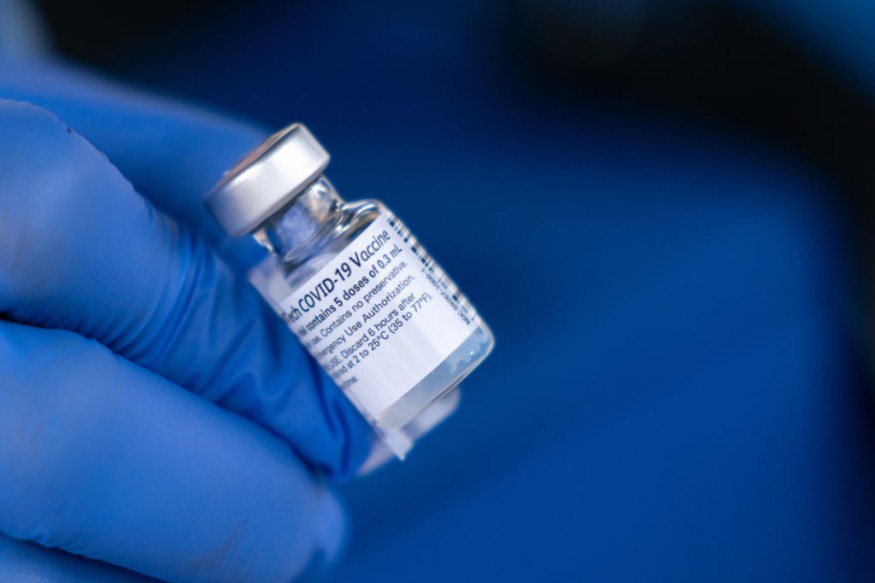A single jab of the Pfizer vaccine might not be as successful as claimed, according to an official overseeing Israel's COVID-19 response.
Israel, one of the nations for vaccinating against Covid-19, purchased massive stocks of coronavirus vaccine. And experts are carefully watching the country's shared data for indicators of how effective the vaccine is when provided to a whole community.

First Dose Only 33% Effective?
An Israeli representative has cautioned that the Pfizer COVID-19 vaccine is not as safe as the public had anticipated.
Nachman Ash, the named chief in Israel's COVID-19 response plan, said in an article by Business Insider that a single dose of the Pfizer vaccine is "less effective than we had thought."
According to Business Insider, Ash says that the Pfizer vaccine's first dose is only 33 percent successful.
In reality, Pfizer and BioNTech state that the first dose has an effectiveness rate of 52 percent, which will rise to 95 percent after getting the second injection.
Indeed, according to clinical studies, the COVID-19 vaccine is intended to be delivered in two doses, with the second dose given after three weeks, and precisely how the country can administer its own, which is known to be one of the quickest nations in the vaccination program.
Same Pattern, Same Trend
Prof Stephen Evans of the London School of Hygiene and Tropical Medicine told BBC that equating the efficacy derived from an empirical sample of this kind is not fair. He added these are susceptible to several biases, with the efficacy derived from randomized experiments such as those done in the first instance to assess the vaccine.
But the early proof fits approximately the same pattern found in Pfizer's clinical trials, affecting tens of thousands of persons.
The rate of new infections in the vaccinated and control groups even diverged after two weeks in those studies.
And for more than 100 days after the first injection, the difference tended to expand.
Lethal COVID-19
Israel started vaccinating on December 19, hitting 10 percent of the citizens by the end of 2020.
And now, with its nine million people, nearly half a million have received two doses.
Given the period it takes for immunity to build up and introduce unvaccinated persons to the infection, incubate it, and establish symptoms, it can not be anticipated that national statistics would demonstrate vaccines' effect for at least a month.
But Clalit's chief innovation officer, Ran Balicher, who is also a government-advising public health professor, says that any effects on Israel's extreme Covid epidemic could be able to be seen later this week.
Inadequate Proof
Detected Covid-19 efficacy could be less significant than hospitalization and death efficacy, Prof Evans pointed out.
And more persons were expected to be shielded from the seriousness of disease involving medical admission than indicated by infection rates itself.
For example, the Clalit data do not discriminate between moderate or symptomatic diseases and more serious or even lethal disorders.
By offering a greater community one dose faster than giving a smaller group the maximum security granted by two doses, the UK's decision was that more lives would be saved. And Prof. Evans said the studies coming from Israel are inadequate to include any proof that the new UK approach is in any manner wrong concerning withholding the second dose of vaccines.
Check out more news and information on COVID-19 on Science Times.
© 2026 ScienceTimes.com All rights reserved. Do not reproduce without permission. The window to the world of Science Times.











